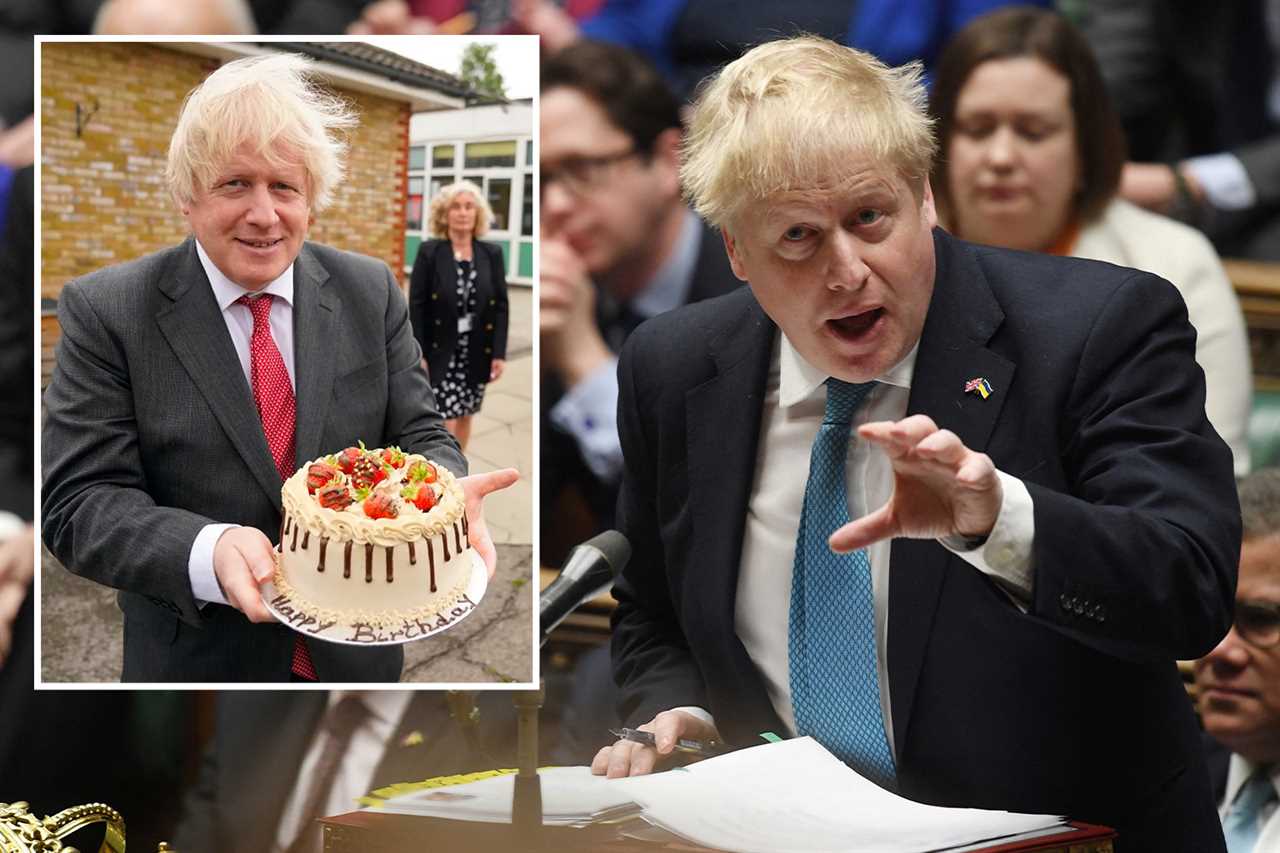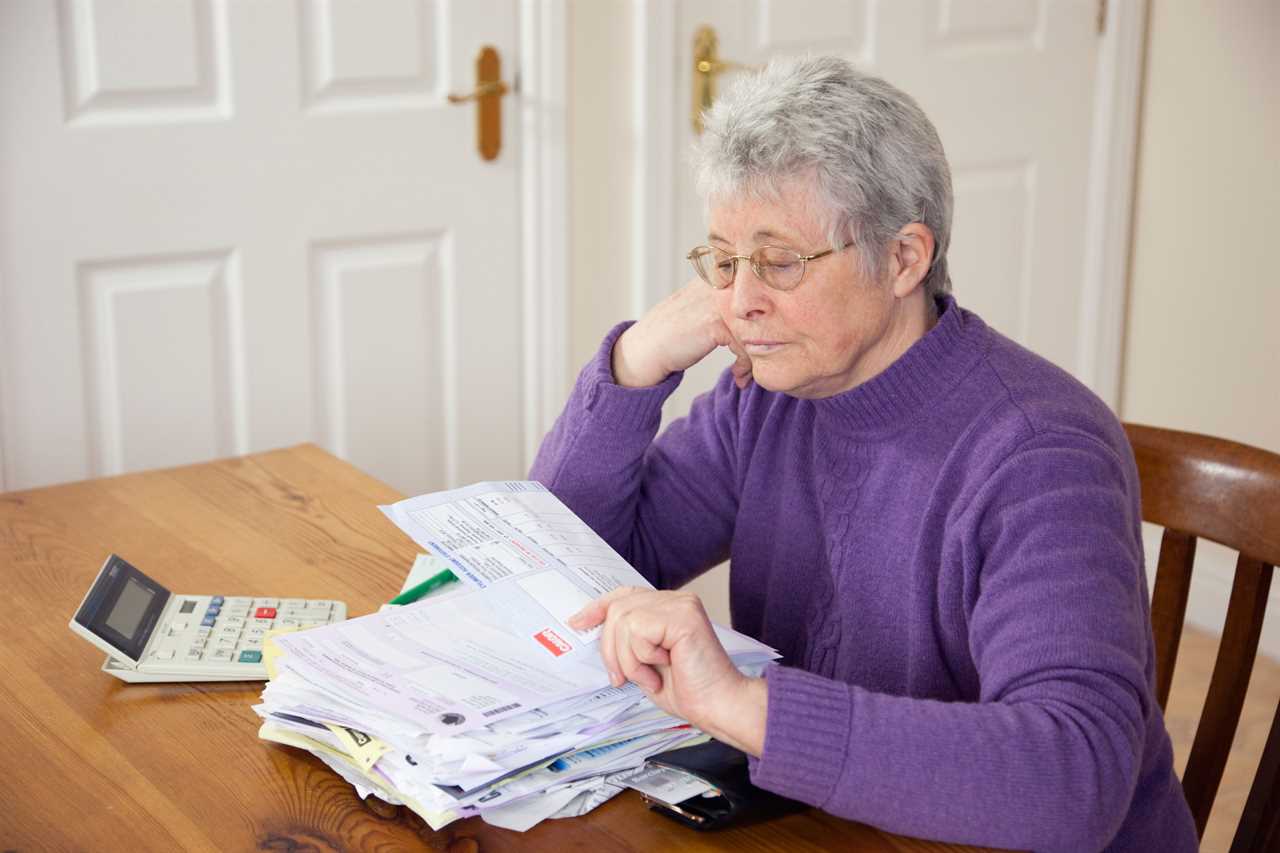BRITAIN should “reopen” the debate on fixed penalty notices after thousands were dished out during Covid lockdowns, a Cabinet minister says.
Jacob Rees-Mogg told Trending In The News that the fines “reverse the traditional British burden of proof” as they assume guilt rather than innocence.

It comes after 100 fines were issued to Downing Street lockdown breakers last week, and Sir Keir Starmer said he would resign if handed one over his Durham beer and curry knees up.
FPNs were first brought in during the 1980s to deal with minor traffic offences but are now used to deal with a raft of other petty crimes.
Mr Rees-Mogg said: “If we go back to the 1980s, when fixed penalty notices were debated at the time, there was an argument made in the House of Commons that they reverse the traditional British burden of proof argument.
“That you are guilty until proven innocent because you have to go to court to get it set aside.”
Read more on Covid fines
Mr Rees-Mogg added: “I think you always need to look at how things have worked when they’ve been going for some decades to see whether the intended consequences are what was expected.
“They assume you’re guilty until you prove your innocence.
“It’s the wrong way around and that is problematic if you’re the constitutional purist”
He accepted that society had decided that their convenience for small crimes was a “proportionate balance” but added: “Is it possible the society will want to reopen that? Yes, it is.”
Some 136,000 fixed penalty notices have been issued in Britain for breaking lockdown rules.
They include a £10,000 fine for a student in Leeds for organising a snowball fight.
Read More on Trending In The News
In one case a beggar was ordered to pay £434 for having his cap out at King’s Cross station and a homeless man was arrested at Liverpool Street station for being outside.
But he accepted the justice system would be “overwhelmed if everybody ended up at a magistrates court” adding: “It’s a balance of seriousness against rights.”










